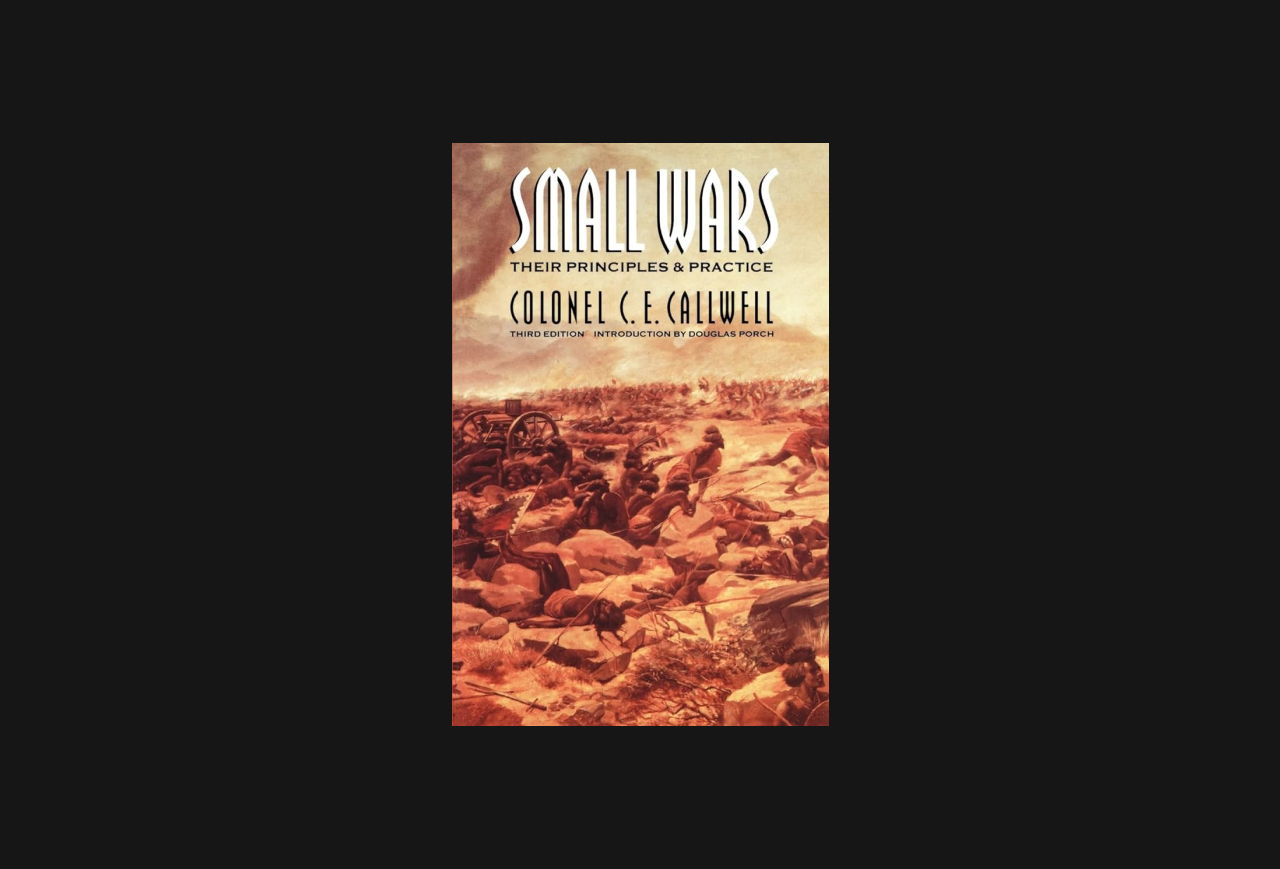Can conflict sensitive interviewing practices help promote world peace? The connection might not be immediately clear, but as Roxanne Krystalli of the Feinstein International Center argues, a conflict sensitive approach can help close the loop between research, policy, and practice.
Even in the most academic pursuits, the quest for objectivity is always influenced by the power a researcher brings into his or her line of inquiry, and how that power shapes the truths one has (or doesn’t have) access to. This is one of the key tenets of feminist research.[i] It is vital that researchers, writers, and consumers of information, question the context in which different narratives surrounding conflict are forged. Additionally conflict sensitive approaches to research can help mitigate the extractive nature of information gathering while providing more nuanced understandings of how violence can impact human experiences. The Lean Research approach attempts to combat the extractive nature of research with human subjects, and, its creators write, “research that fails to acknowledge its own status as a development activity and the power imbalances between researchers and subjects runs the risk of generating inaccurate findings.”[ii] Therefore, an awareness of how processes and institutions are raced, classed, and gendered can help situate information and increase its legitimacy, essential components for policymakers hoping to utilize the findings. Perhaps more importantly, a conflict sensitive approach can help capture and share more truthful and honest narratives surrounding experiences of violence and conflict.
But how does a researcher accurately capture such narratives? Observation, Krystalli notes, is key. Further, “you want to map the universe of the topic you’re interested in to capture context” she says. One way to conceptualize this is to use Callon and Law’s theory of the hybrid collectif, which highlights the complexities of relationships between people and objects across space and time.[iii] This framework requires us to widen our gaze, to map the universe, as Krystalli says, in our efforts to better understand experiences of violence, as well as the environments and systems surrounding it. Shaylih Muehlmann, in her ethnographic work focusing on narco culture on both sides of the U.S-Mexico border, uses the framework of the hybrid collectif to engage with an intersectional set of interview subjects. She writes,
Rather than chronicle the lives of the high-profile cartel leaders, my focus in on the ordinary people working and living at the fringes of the narco-economy. This is not the story of the powerful capos, but of the women who make them their sandwiches, the businessmen who launder their money, the addicts who consume their product, the mules who carry their money and drugs through borders and military checkpoints, and the men and women who serve out the prison sentences when the capos’ operations go awry.[iv]
Such a comprehensive mapping and diversity of interview subjects allows multiple perspectives to rise to the surface, narratives that otherwise might be left unexamined that can critically inform different policy initiatives.
It is also the responsibility of the researcher to locate his or herself within the research process, and understand how knowledge is situated and entangled in different relationships of power.[v] “You shape the truths you have access to,” Krystalli says. Therefore, access to a variety of narratives is another reason for the researcher to cast a wide net in his or her quest for information, and they should conduct interviews with an approach that demonstrates listening and learning, rather than instrumentalism. At Pachirat advises, researchers should not treat the experiences and perspectives of others “like rocks lying in the field waiting to be collected”[vi] but rather reject “strictly individualist assumptions in favor of a recognition of more complex social relationship and modes of agency.”[vii] Assumptions about vulnerability and authority greatly impact how meaning is made, how individual narratives are received, and can ultimately shape research findings.
Western assumptions about trauma, for example, can influence how research on sexual violence is conducted. Assumptions that trauma is untellable and that re-tellings of violence are necessarily re-traumatizing have been debunked, yet many codes of conduct and best practices on research methods perpetuate these assumptions and impact access to different narratives and how those narratives come into contact with research. In this case, as well as in other cases surrounding people’s experiences of violence, what information could a conflict sensitive approach help bring forth that currently goes left unsaid?
While perhaps it is the job of a researcher or anthropologist to utilize the hybrid collectif or a conflict sensitive approach in his or her analyses, policy makers could benefit from this approach, and draw more nuanced and well-sourced notions of human rights, conflict resolution, gender, humanitarianism, and development into their policymaking, rather than consider them separate spheres of influence. Experts in all of these fields can testify, write reports, conduct interviews, collect data, and present facts. But it’s the job of a policymaker to synthesize this information collectively to create informed policy that will address the needs of all levels of society. But having access to the types of information that can be brought forth by a conflict sensitive approach to research is the first step. Policies based on such research can not only lead to more effective economic, political, and security policies for conflict-effected populations, but can also mitigate the insecurity, scarcity, and danger of those engulfed by violence and its proximate, uniquely human experiences.
Special thanks to Roxanne Krystalli, whose presentation on Conflict Sensitive Interviewing at the Fletcher School of Law and Diplomacy provided a foundation for this piece.
Notes
[i] Wibben, Annick TR, ed. Researching War: Feminist Methods, Ethics and Politics. Routledge, 2016.
[ii] Armstrong, Paula, Rachel Gordon, Elizabeth Hoffecker, Roxanne Krystalli, Kendra Leith, Bryan Stinchfield, and Kim Wilson, “Lean Research: Defining Rigor,” Working Paper, MIT D-Lab-The Fletcher School of Law and Diplomacy, March 2015.
[iii] Callon, M. and Law, J. “Agency and the hybrid collectif.” The South Atlantic Quarterly, 94(2), 481-507. 1995.
[iv] Muehlmann, Shaylih. When I Wear My Alligator Boots: Narco-culture in the Mexico Borderlands. UC Press. 2013. Pp. 7.
[v] Wedeen, Lisa. “Reflections on Ethnographic Work in Political Science.” Annual Review of Political Science, 13(1), 255-272. 2010.
[vi] Pachirat, Timothy. “The Political in Political Ethnography: Dispatches from the Kill Floor,” in Political Ethnography: What Immersion Contributes to the Study of Power. Ed. Edward Schatz. University of Chicago Press. 2009.
[vii] Wedeen, Lisa. “Reflections on Ethnographic Work in Political Science.”


